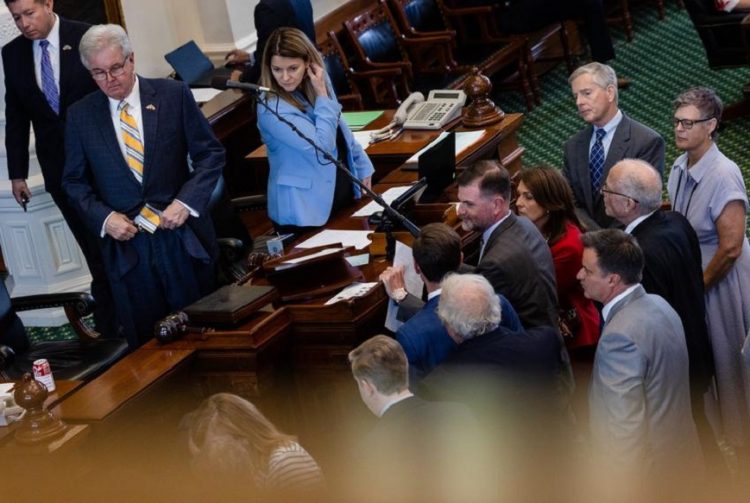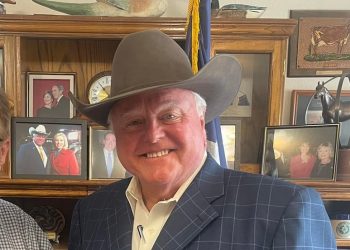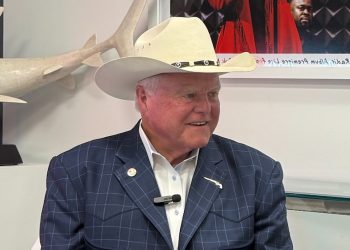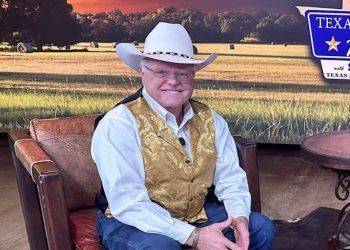Waco, TX – Texas Lt. Gov. Dan Patrick announced on Wednesday that lawmakers in the state Senate will move to ban all forms of consumable tetrahydrocannabinol (THC) during the upcoming legislative session. The proposed legislation, Senate Bill 3, is expected to be a key priority for Patrick, who holds significant influence over the Senate’s legislative agenda.
The move comes amid growing concerns about the rapid expansion of Texas’ hemp market, which has boomed since 2019, when the state legalized the sale of consumable hemp products containing small amounts of THC. Under the law, hemp-derived products like gummies, vapes, and beverages were permitted, as long as they contained no more than 0.3% THC. The law was designed to support Texas agriculture by capitalizing on the hemp industry, which became legal nationwide a year earlier in 2018.
However, Patrick contends that retailers have taken advantage of loopholes in the legislation, selling products that exceed the 0.3% THC threshold. In a statement, he argued that these products—many of which are marketed to minors—are often highly concentrated and pose significant health risks to consumers. “Dangerously, retailers exploited the agriculture law to sell life-threatening, unregulated forms of THC to the public and made them easily accessible,” Patrick said. He added that stores across the state were selling products, including beverages, that contain THC levels up to four times higher than what might be found in marijuana purchased from illegal sources.
While Texas has not legalized marijuana for broad use, the state’s hemp market has thrived, leading to thousands of cannabis dispensaries across Texas. The state’s hemp industry has grown rapidly in recent years, with a wide array of consumable products hitting the market. However, the lack of regulation and testing requirements has raised concerns about consumer safety, especially as some products may contain dangerous levels of THC.
Critics of the current hemp law argue that the absence of proper oversight, including age restrictions and testing standards, has contributed to a growing public health crisis. These critics also claim that the wide availability of these products has disrupted access for medical cannabis patients, who rely on regulated THC products for therapeutic purposes.
Sen. Charles Perry, a Republican from Lubbock, will carry Senate Bill 3, marking a significant shift for the legislator who previously sponsored the 2019 agricultural hemp bill. Perry has voiced concerns about the increasing number of dispensaries and the sale of cannabis products that far exceed the intended THC limits.
In addition to the safety concerns, some within the hemp industry have expressed fears that a THC ban would have devastating economic consequences. They argue that products like delta-8 THC, which is derived from hemp and produces minimal intoxicating effects, are crucial to the state’s agricultural economy. The industry has already filed legal challenges to prevent further restrictions on hemp-derived THC products, asserting that a ban would harm both the industry and the broader Texas economy.
The Texas Legislature is set to reconvene on January 14, 2024, with lawmakers expected to discuss and vote on Senate Bill 3 and other cannabis-related legislation during the session. If passed, the ban would significantly reshape the state’s rapidly expanding hemp market, sparking further debate on the balance between regulation, public health, and economic interests.











